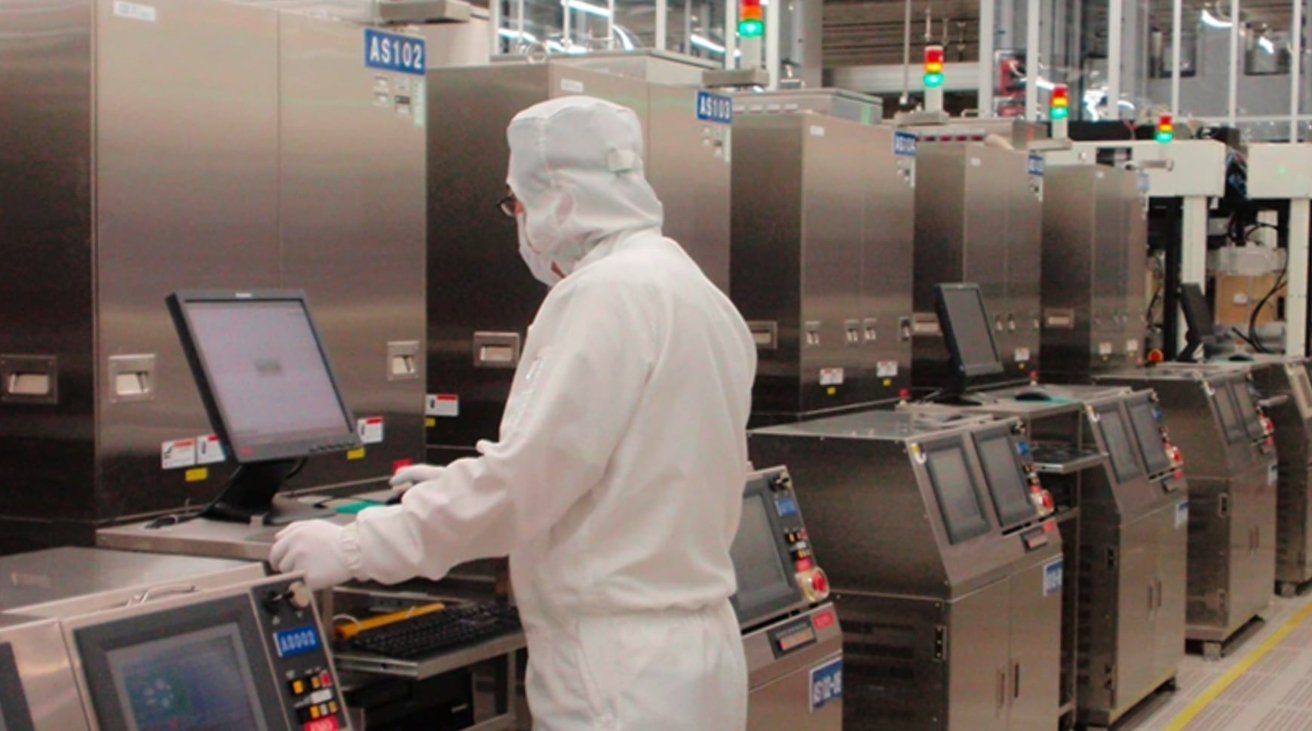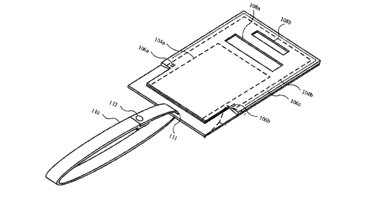Chip shortage could benefit Apple with better component pricing
The global chip shortage will become a problem for devices like iPhones and Macs requiring chips for storage, but Wedbush believes it could be beneficial to Apple and its suppliers by improving the pricing of components.
The world is undergoing a semiconductor supply shortage, with chip production issues affecting supply chains for many companies. The global crisis, which has gotten worse following the fire at a Renesas chip foundry in March, has stretched all remaining production capacity, and is impacting many different industries.
In a research note from Wedbush seen by AppleInsider, this may be beneficial to vendors in the long term, though not necessarily immediately.
The crisis could take place for an extended period, according to analyst Matt Bryson, due to the "increasingly tight availability of wafers" and a lack of "incremental mature capacity" for production. With the shortages "approaching ludicrous levels," the problem is becoming a big issue for many smartphone and device vendors.
Xiaomi believes its chip supply issues are "hindering its operations," much like Samsung and many other smartphone producers, but it hasn't been a major problem until recently. Supply chain feedback suggests Chinese smartphone producers have stockpiled inventory since the fourth quarter to mitigate any shortages.
By Xiaomi admitting to having supply issues, this suggests the "shortages have reached a new level," according to Wedbush. In turn, other products that rely on new chip production and made using mature nodes are "seeing elongated (and in some cases, extremely elongated) lead times."
Given that Apple and other device producers will have undergone similar stockpiling measures, it is likely that they too will be feeling the supply pinch. At some point, the limited component availability could force Apple and others into short-term price adjustments that could hit consumer wallets hard.
While this is an issue in the short term, the firm believes it could be a situation that benefits device producers, as "constraints yield forward pricing leverage."
The current supply shortfall is assisting with foundry capacity utilization, but pricing gains for those foundries are more modest "due to the longer-term nature of contracts." The longer period of tight supply could increase pricing of components as "terms for new programs are set or older contracts are renegotiated."
This is viewed as a potential benefit to foundries as "the rising tide lifts all boats." This includes TSMC, a chip producer that Apple closely partners with on its A-series chips and Apple Silicon.
To Apple, a chance to renegotiate contracts could be beneficial, as it famously is known for coaxing favorable terms from its suppliers. Given that sometimes contracts don't always fall in Samsung's favor, such as its OLED contract with Samsung, this presents an opportunity for Apple to massage existing deals further.
While beneficial in general, the shortages could still be an issue for "system vendors," which could include Apple with its Mac lineup. Such companies "historically had a difficult time offsetting shipment limitations, or passing on the full extent of component cost increases to customers in a timely fashion."
Stay on top of all Apple news right from your HomePod. Say, "Hey, Siri, play AppleInsider," and you'll get latest AppleInsider Podcast. Or ask your HomePod mini for "AppleInsider Daily" instead and you'll hear a fast update direct from our news team. And, if you're interested in Apple-centric home automation, say "Hey, Siri, play HomeKit Insider," and you'll be listening to our newest specialized podcast in moments.
 Malcolm Owen
Malcolm Owen











 Wesley Hilliard
Wesley Hilliard



 William Gallagher
William Gallagher

 Christine McKee
Christine McKee
 David Schloss
David Schloss







